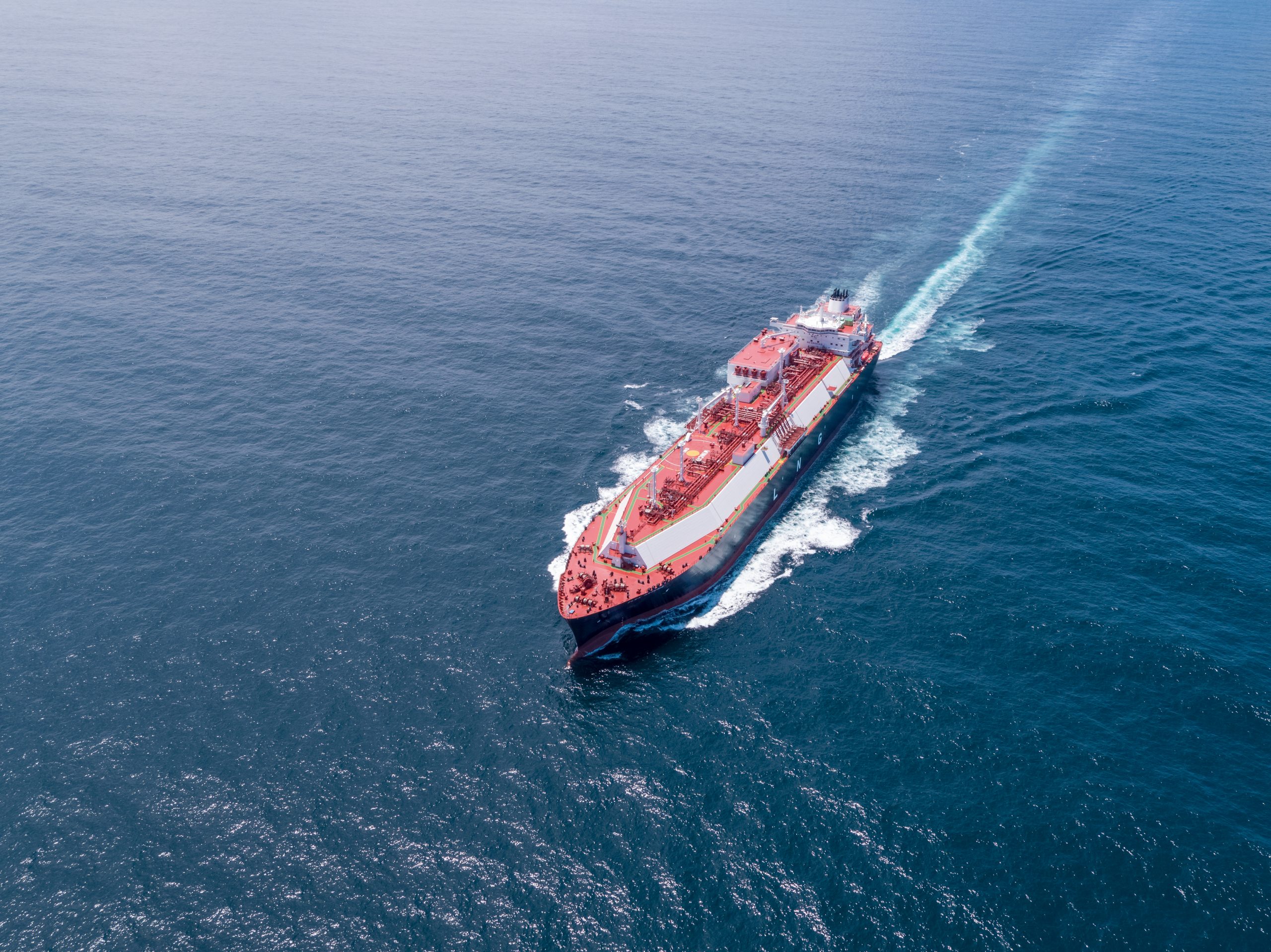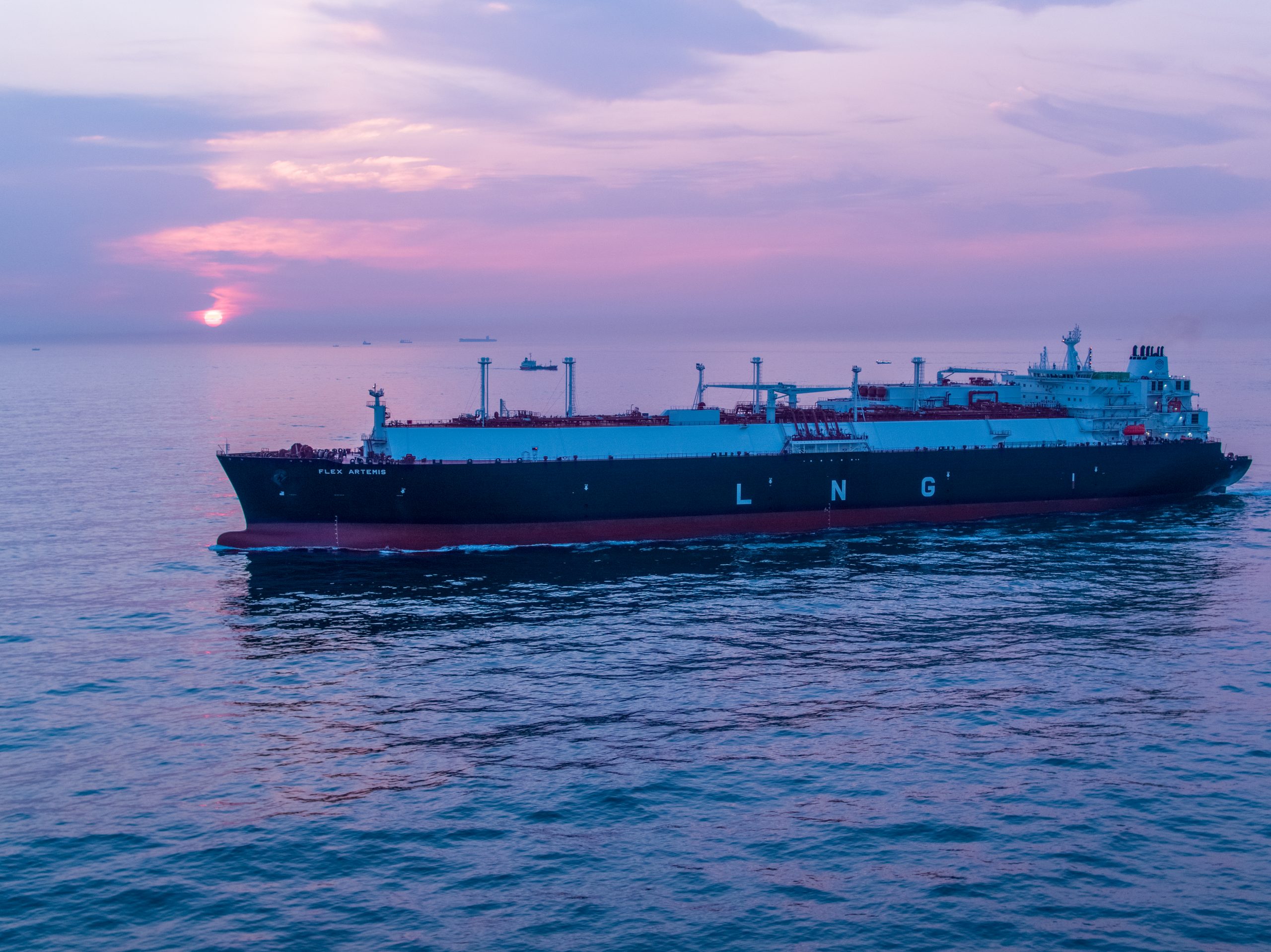 What role do you play in the gas-fuelled shipping sector?
What role do you play in the gas-fuelled shipping sector?
I am the Quality Assurance Superintendent for a fleet of LNG Carrier vessels.
Please describe your role in your organisation and what do you enjoy most about it?
In my role as Quality Assurance Superintendent, I am responsible for the overall compliance of the fleet with the many statutes and regulations that apply. I investigate accident and near miss incidents to work on ways that we can avoid repeating them. I audit our vessels and our shore operations to ensure we are meeting the very high standard that Bernhard Schulte Shipmanagement has set. I also manage and maintain our safety management system based on what we have learned, changes in our industry and the expertise of my team.
My role is extremely varied and there is never a dull workday. I like that I always wake up to a new challenge and I am constantly learning and developing.
How did you arrive at this role? (Was it your intention at a young age to always go into this industry?)
I spent the first ten years of my adult life in the United States Army, where my primary job was logistics coordination with a few years working in international affairs. I was unfortunately injured and forced to retire at the age of 27. I relocated to the UK shortly after where I was lucky enough to be hired as a Fleet Personnel Officer at Bernhard Schulte Shipmanagement UK. In my interview I reasoned that if I could move weapons and vehicles all over the world under intense circumstances, I could hopefully be useful at helping crew get to where they need to be also.
I spent two years in this role. Then, when a position in the HSE department opened up, I leaped at the chance because I have always found incident investigation and risk assessment very interesting. Since then I have been developing my skills in the HSE sector and obtaining my degree in Occupational Health and Safety in the evenings while working in my HSE Officer role. I can honestly say that while I never expected to be working in a shipping company, I know now that I have really found my calling.
How have you worked with SGMF concerning the safe and sustainable use of gas as a marine fuel?
Bernhard Schulte Shipmanagement has been a member of SGMF since 2013, and this has afforded me access to all of the useful tools and information available to its members.n particular, I find the best practice guidance very useful and have referred to it many times throughout my career.
Recently, I have taken on a role that is assigned to an LNG Fleet exclusively. While I was transitioning to LNG vessels from my LPG background I found the guidance available from SGMF extremely useful. Part of my role is acting as the Environmental Coordinator, and the work SGMF has done regarding the life-cycle perspective and new innovation has been extremely helpful. It’s an exciting timeto be working in LNG!
How do you feel this sector has embraced the talent and value of women?
Throughout my time in this industry I have occasionally encountered challenges in our largely male-dominated sector. From feeling that you are being anything from stereotyped to undermined, or that you need to prove you aren’t “too sensitive” for the job. Moments like this have given me the opportunity to show how well we can hold our own as women.
I do, however feel a change developing. I see my company and our partners making a conscious effort to promote the skills of the women in their ranks. Old-fashioned perceptions are being hallenged more frequently, with women taking on more senior roles and participating in decision-making processes much more than even just ten years ago.
I see these positive changes more and more as time goes on. I feel proud to have stayed in this industry despite challenges that I have faced over the years. It would have been easy to give in at those crucial moments when you feel you aren’t being given a seat at the table.
What excites you or interests you most about this industry and how does this motivate you?
The aspect of my work in this industry that motivates me the most is the improved safety of our seafarers. I am excited to find the cause of an incident or near miss and to find good solutions that might protect seafarers all over the world. Sharing what we have learned with our partners globally is one of the most important parts of my job. Preventing dangerous situations in my fleet is my primary driving force each day.
I am also very excited to be working in LNG because of the reduced impact to our planet. I feel happy in the knowledge that my leet is helping to bring down the emissions traditionally caused by our industry.
Please share something personal about yourself.
During my ten-year career in the United States Army, a significant portion of that time was spent in a war zone. As a result, I unfortunately developed PTSD after leaving the military. One of my greatest fears was that I might not be able to carry on in my maritime career during the rough times that sometimes come with PTSD. wever, while dealing with this challenging side-effect of my former career, I have met nothing but understanding and acceptance in the maritime industry, with a real effort made by my leaders to adapt.
I think the work that has been done in our sector around mental health awareness and education has been exceptional. Our seafarers and shore staff are becoming more willing and able to raise concerns or to ask for help and as someone who has needed to ask for that help in the past, I am very encouraged. I have not only been able to continue working, but to thrive in my industry.


